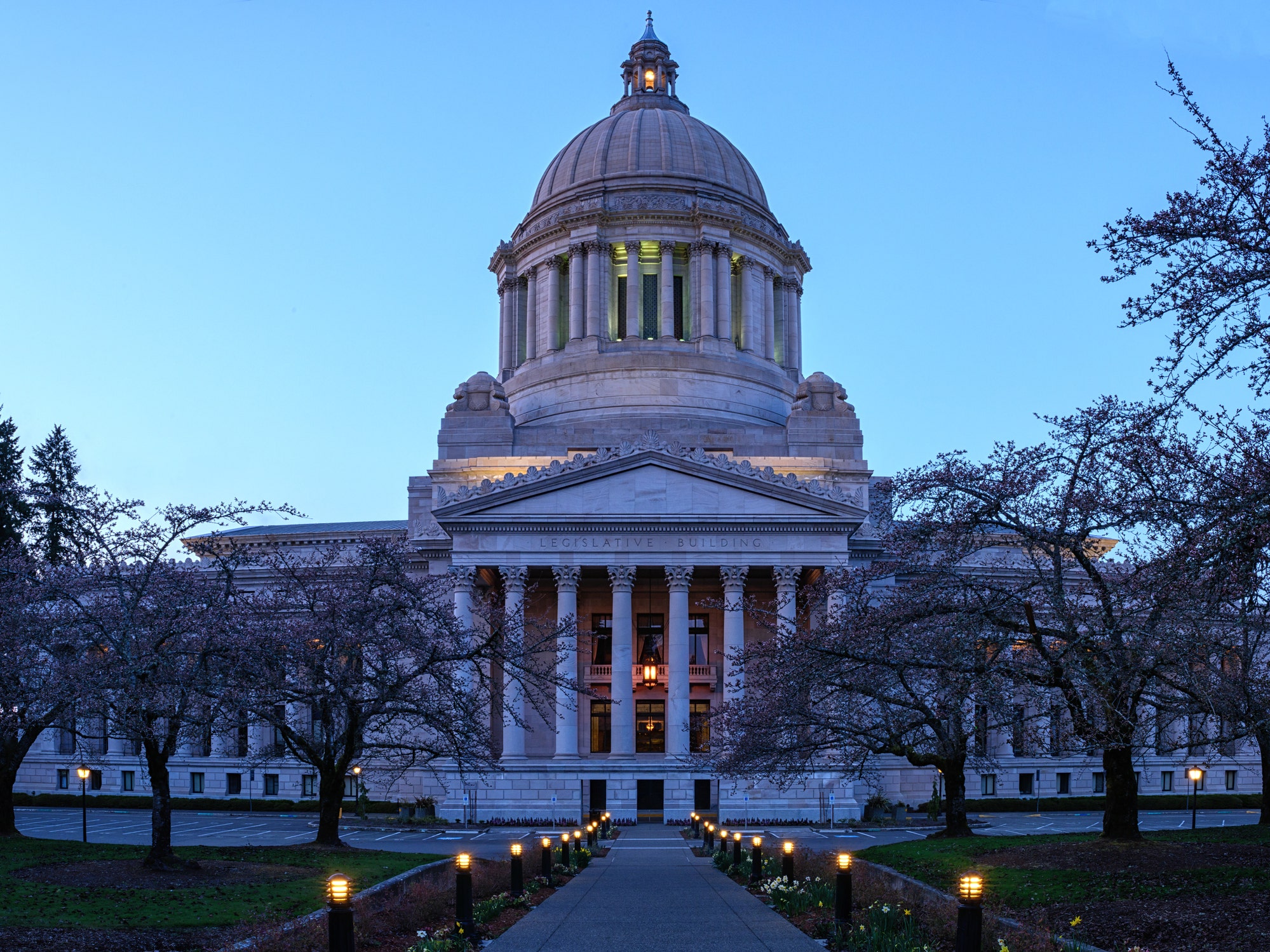Sports
State education chief says it’s ‘inaccurate’ to say there are only two genders, in defense of trans athletes

The Debate Over Transgender Athletes in Washington: A Complex Issue
In recent months, the inclusion of transgender athletes in sports has emerged as a contentious issue in Washington state, sparking debates about fairness, inclusion, and legal rights. At the forefront of this debate is Chris Reykdal, Washington’s Superintendent of Public Instruction, who has vocally defended the right of transgender athletes to compete based on their gender identity. Reykdal emphasized the complexity of gender beyond the binary, acknowledging the existence of intersex individuals and the scientific basis for gender diversity. He underscored the state’s commitment to civil rights, asserting that schools must uphold laws allowing participation based on gender identity, highlighting the small number of transgender athletes—only 5-10 out of 250,000 student athletes. Reykdal challenged the authority of President Trump’s executive order banning transgender athletes, noting that such authority lies with Congress, which is considering a bill on the matter.
The Broader Political Landscape: A 2024 Election Issue
The debate over transgender athletes has transcended local school boards, influencing the national political landscape and the 2024 election. The issue has become a focal point for discussions on gender identity and sports, with Washington state allowing participation based on gender identity without medical requirements. Proposed bans on transgender athletes have failed to pass, but concerns persist, prompting the Washington Interscholastic Activities Association (WIAA) to propose a separate division for transgender athletes. This move aims to balance fairness and inclusion, reflecting ongoing tensions between safety and equity.
Personal Stories and the Quest for Fairness
Personal experiences are central to the debate, as seen in the testimony of a female cross-country runner who competed against a transgender athlete, raising concerns about biological advantages. Similarly, a transgender athlete’s victory in a championship highlighted discrepancies in performance. These stories are compounded by a civil rights complaint alleging a student was penalized for refusing to compete against a transgender athlete, underlining the emotional and legal complexities. These narratives illustrate the human impact of policy decisions.
Balancing Inclusion and Fairness in Sports
The debate hinges on balancing inclusion and competitive fairness, with Reykdal advocating for accommodating all athletes, believing the benefits of participation outweigh concerns. Proponents argue that inclusion fosters acceptance and reduces discrimination, while opponents highlight potential competitive advantages, especially in sports where physical characteristics play a crucial role. This tension is evident in the WIAA’s proposed separate division, aiming to provide equitable competition while maintaining inclusive environments.
The National Implications and Ongoing Investigations
The issue extends beyond Washington, with national implications as other states like California, Minnesota, and Maine face Department of Education investigations for non-compliance with Trump’s executive order. These investigations signal a broader effort to influence school policies, reflecting the polarized national discourse. As debates continue, the outcome will significantly impact transgender athletes’ participation and the interpretation of civil rights laws.
Conclusion: Navigating a Complex Societal Shift
The debate over transgender athletes in sports reflects a broader societal shift, challenging traditional norms and pushing for inclusive policies. While some view inclusion as essential for equality, others fear unfair competition. The complexity lies in balancing these values, ensuring sports remain both fair and inclusive. As the conversation evolves, it necessitates empathy, understanding, and a nuanced approach to policy-making, recognizing the profound impact on individuals and communities. The resolution will shape not only sports but also the broader landscape of civil rights and gender identity recognition.